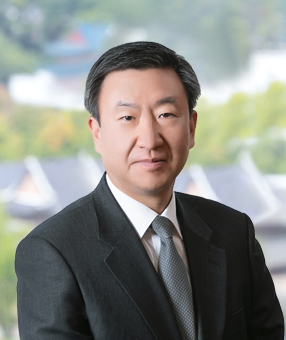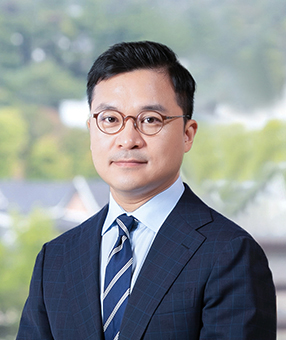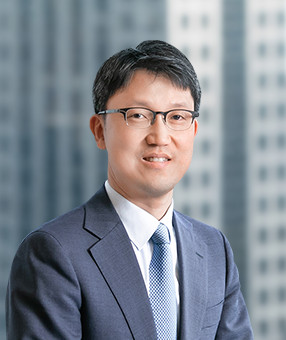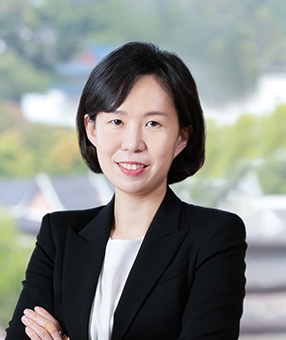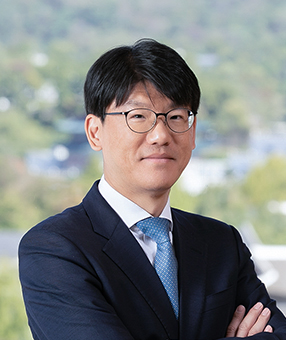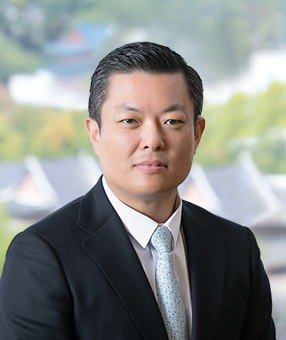The Asia Region Funds Passport (the “ARFP”) has been implemented in Korea in accordance with the amended Financial Investment Services and Capital Markets Act (the “FSCMA”) that took effect on May 27, 2020. The goal of the ARFP is to facilitate the cross-border marketing of publicly-offered funds among the member countries in Asia, including Korea, Japan and Australia.
The ARFP is a multilateral framework established to facilitate cross-border selling of mutual funds across participating economies in Asia by introducing a simplified process of fund registration that is applicable to all member countries. Using the “UCITS (Undertakings for Collective Investment in Transferable Securities) Directive”—which was created to standardize mutual fund structures and unify the fund markets across Europe—as a reference, the ARFP was established in accordance with the “Memorandum of Cooperation on the Establishment and Implementation of the Asia Region Funds Passport” (“MOC”) signed in April 2016 by Korea, Australia, New Zealand, Japan and Thailand.
Aiming to introduce the ARFP regime, Korea revised the FSCMA on November 26, 2019, along with the Enforcement Decree thereof and the Regulations on Financial Investment Business. Accordingly, the revised FSCMA, the Enforcement Decree thereof, and the Regulations on Financial Investment Business (“FSCMA and other applicable regulations”) came into force on May 27, 2020. For reference, Australia, Thailand and Japan amended their applicable laws in February 2019 and New Zealand in July 2019.
1. Key Details of the Amended FSCMA and Other Applicable Regulations
Key details of the amended FSCMA and other applicable regulations related to ARFP are as follows:
A. Registration of Korean Funds as ARFP Funds
The ARFP regime allows units of funds authorized as ARFP funds in a member country to be offered in other member countries upon registration through a simplified process.
In order to register ARFP funds as domestic funds, such funds must be registered as publicly offered funds in Korea. In addition, the funds must satisfy the following qualification requirements (i.e., qualification requirements for fund managers and funds):
-
As for the qualification requirements for fund managers, a fund manager must manage assets of at least USD 500 million, have an equity capital of not less than USD 1 million, meet certain requirements in terms of personnel and organization, and have a minimum of five years of track record in fund management.
-
As for the qualification requirements for funds that are intended to be registered as ARFP funds, such funds can only be invested in securities, bank deposits, depository receipts for gold, short-term financial instruments, or certain types of derivatives or securities lending agreements, and such investments are governed by the requirements for diversified investment, which are comparable to the requirements for mutual funds in Korea (one example of applicable requirements is that such funds can only be invested in up to 5% of securities issued by the same company).
As explained above, in order to register domestic funds as ARFP funds, they must satisfy the qualification requirements for fund managers and funds, and go through the process required for the registration as ARFP funds while complying with the domestic registration process for mutual funds and the investment cap on such funds.
B. Registration of Offshore ARFP Funds for Selling in Korea
The amended FSCMA and other applicable regulations provide that offshore mutual funds are deemed as having fully satisfied the registration requirements for ARFP funds in Korea if they are registered as ARFP funds in any other MOC member countries (i.e., Australia, New Zealand, Japan and Thailand). Therefore, once registered as ARFP funds in the home country, offshore funds can be registered in Korea as ARFP funds after going through a simplified process (i.e., submission of a registration statement) that practically does not involve any qualification review unless there are special circumstances.
2. Regulations, Supervision and Restrictions Applicable to the Offer of ARFP Funds
The ARFP regime allows funds based in one country to be offered more easily to investors in other member countries by streamlining the “registration process.” However, investors still need to understand that registered ARFP funds must comply with the laws and regulations of the country that the ARFP funds are sold in. Therefore, in order to register and sell domestic public mutual funds in any of the MOC member countries, such funds must abide by the relevant laws and requirements of the host country with regard to selling or solicitation even if the funds have already been registered as ARFP funds in Korea. Likewise, ARFP funds registered in any other MOC member countries must comply with applicable regulations and obligations in Korea (including the obligation of selling such funds through a seller in Korea, and a set of the obligations regarding reporting and disclosure of such funds) regardless of whether the funds are already registered as ARFP funds in their home country.
In addition to laying a legal ground for both home and host countries to supervise and regulate ARFP funds, the amended FSCMA and other applicable regulations also obligate ARFP fund managers to report any matters concerning the termination or dissolution of ARFP funds and delay of redemption and violation of laws and regulations for ARPF funds to both home and host countries.
Further, when any change is made to the registered details of ARFP funds, such change must be registered with the Financial Services Commission (the “FSC”) within two weeks from the date of the change. Failure to do so may result in the FSC’s imposition of an administrative fine.





